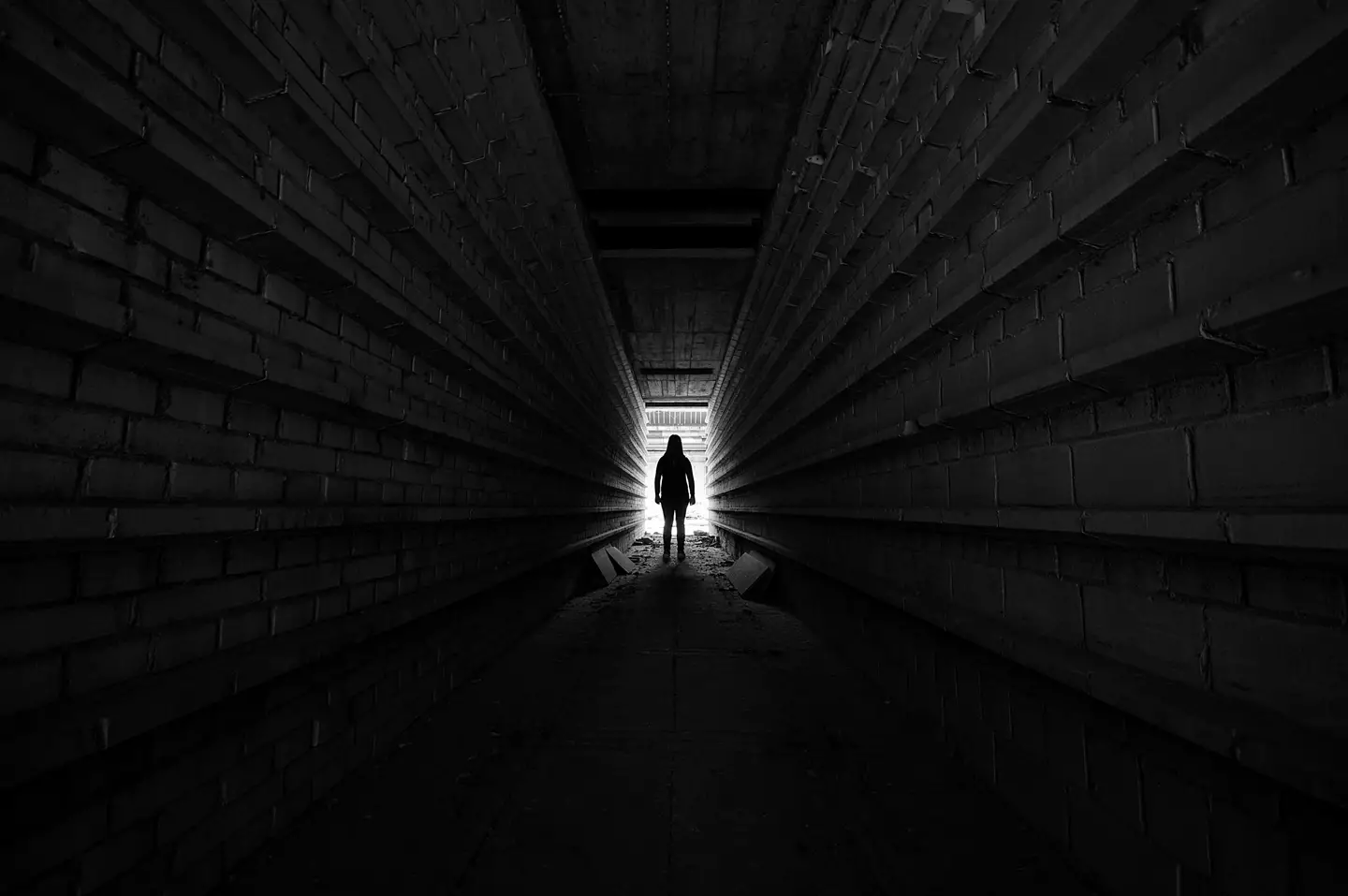
A woman has opened up about what happened after she went into sudden cardiac arrest (SCA) and was declared clinically dead for 24 minutes.
As far as nearly-miraculous comebacks go, Virginia resident Lauren Canaday was given a remarkable 'second chance' at life in 2023. She suffered a tonic-clonic seizure, also known as a grand mal seizure, which caused her muscles to violently contract and stopped her breathing.
"My husband was across the hall and heard me say, 'Oh s***,'" Canaday told Newsweek a few months after her near-death experience (NDE). "He rushed in to find me unconscious on the floor. I had stopped breathing and turned blue."
The woman had been on medication for controlled epilepsy for a number of years. Thanks to her husband's quick thinking, prompt CPR and 911 call, Canaday was able to receive oxygen while suffering a cardiac arrest.
Advert

The CPR tided her over until emergency medical technicians arrived four minutes later.
At the hospital, Canaday tested positive for Covid-19 and was diagnosed with myocarditis, a condition that inflames the heart muscle and can lead to a reduction in the heart's pumping abilities. As for the causes of her sudden cardiac arrest, her medical team believed that it could have been triggered by Covid-19.
She explained that it took medics 24 minutes and four defibrillator shocks to get her heartbeat back.
On Reddit, Canaday relayed her experience recovering from a NDE, shedding light on the hidden consequences of such a life-altering incident.
"After 9 days in the ICU, I was declared 'cognitively intact' and have no visible brain damage on MRIs. I also have a normal EEG despite a history of seizures and status epilepticus for over 30 minutes right after resuscitation," she wrote in her 'Ask Me Anything' session.

When asked about the details of her ordeal, Canaday revealed the harsh truth of being 'left to fend' for herself after being discharged from the hospital.
"I think people assume that when something so drastic happens there's like a social safety net for you, like you get special assistance. WRONG. I was just sent home while still in searing pain from ICD surgery and on 10 meds that dropped my blood pressure so low I had to go back to the ER," she explained.
"My husband and I were left to fend for ourselves. No social worker appeared to tell me how to apply for disability (and in the US this is hard to get for cardiac arrest, so hard I didn't even try despite being unable to work right now) and doctors only have 10 minutes with you at a time so I answered most of my own questions/needs by finding support from other survivors. Which isn't easy to do b/c there aren't many of us."
Canaday also got candid about the emotional toll the incident had on her.
She explained: "I feel like my first life ended in February and I woke up to my second life. People think I'm better b/c I can walk and even hike again (slowly) and they might not know I have the defibrillator in my body or whatnot.
"But when people tell me I look well/better, it's eerie for me b/c I don't feel like the same person and I'm always aware of the experience."
Canaday added: "Sometimes it felt like the world preferred I hadn't come back [because] it definitely was not prepared to take care of me. I will do what I can in my small way to prevent others feeling like that, not sure what else to do."
She noted that she 'still has heart failure and emotional/mental issues since the cardiac arrest' and sadly admitted that she's 'generally worse off than before being clinically dead'.
Cases such that of Canaday are extremely rare. Last year, the British Heart Foundation published some pretty bleak stats, finding that around eight percent of the patients who had suffered an out-of-hospital cardiac arrest in 2022 were still alive 30 days after the incident.
